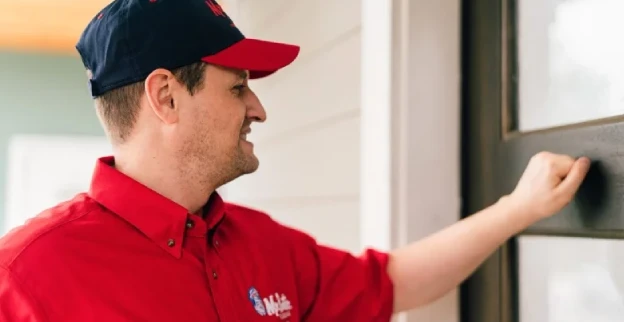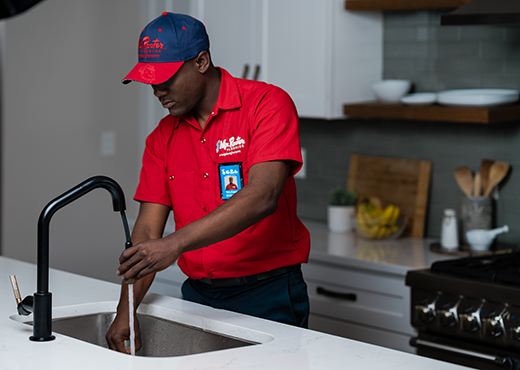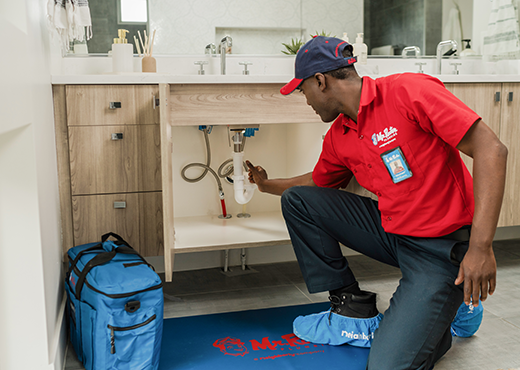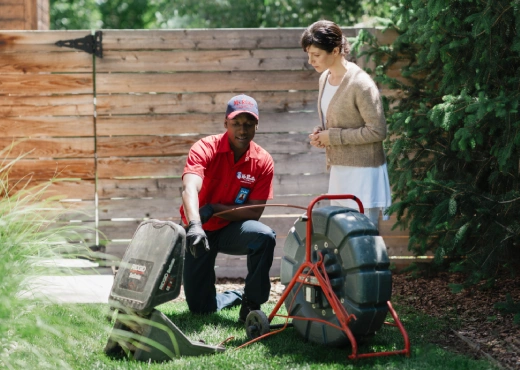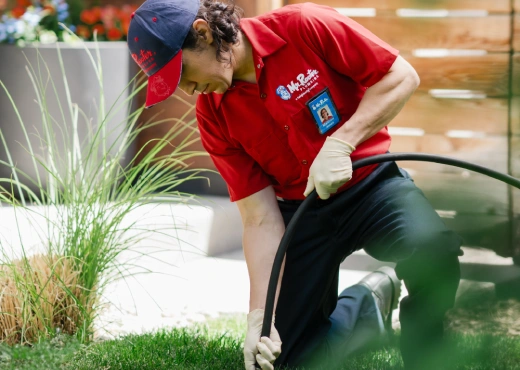While regular repair and maintenance are key to keeping your water heater in good shape, it's also important to recognize the signs that your unit may be nearing the end of its lifespan. Awareness of these indicators can help you address problems before they become major issues or even consider a replacement if necessary. Here are some telltale signs that your water heater might be on its last legs:
- Bizarre Noises: Any time you hear a major appliance making strange noises, there is a good chance something is wrong. For a water heater, bizarre noises indicate that the unit is on the verge of failure. You might hear a distinct rumbling, a faint popping, or a persistent banging noise. The unit may be about to overheat due to a sediment buildup.
- Decrease in Water Temperature: A water heater’s primary role is to heat your water. If it fails to heat as it should, you may want to invest in a replacement. If you notice that your water temperature has decreased considerably, you may want to call Mr. Rooter Plumbing of Savannah. We can look at your unit, determine the issue, and advise whether a repair or a replacement is necessary.
- Rusty Water: Rusty or otherwise discolored water is a telltale sign of a failing unit. More specifically, rusty water indicates that the anode rod in your water heater is failing. The anode rod keeps the unit from corroding. If the anode rod isn’t working, the unit is much more susceptible to rust and can stop functioning altogether.
- Leaks: A leak is a sign that something is broken. If you notice a leak, contact Mr. Rooter Plumbing of Savannah and schedule an appointment for one of our professionals to look into it. A water heater should be an airtight appliance, and persistent leaks can cause property water damage. Turn it off and wait for our professionals to assess the damage.
- Odd Smells: If your water smells a bit funky, it could be caused by bacteria growing in your water heater. Bacteria thrive in a warm, damp environment. If your system is on the verge of failing and starts to corrode with rust, it could also become a haven for bacteria. Draining and treating your water are generally good ways to flush out bacteria. You may need to replace the unit if it doesn’t solve the problem.
Choosing the Right System for Your Needs
When your water heater shows signs of wear and inefficiency, it's the perfect time to consider a replacement. Selecting the right water heater is important. The size of your household, your property’s overall water consumption, and your goals for energy efficiency are key factors in deciding whether a traditional tank or a modern tankless water heater is more suitable for your needs.
Choosing between a tank or tankless water heater involves weighing several considerations, such as your budget, the amount of hot water you typically use, and the space available for installation. Below is a detailed comparison of the key differences to help guide your decision:
Traditional Units
Pros:
- Lower Initial Cost: Traditional tank water heaters are generally less expensive to purchase and install.
- Simplicity: They are simpler in design and operation, meaning fewer complications during installation and maintenance.
- Immediate Reserve: They store a large volume of hot water, ensuring it’s available immediately when you turn on the tap.
Cons:
- Higher Operating Costs: Tank heaters continuously heat the water to maintain its temperature, which can lead to higher energy costs.
- Size and Space: They require more space for installation. This may be an issue in smaller properties.
- Limited Hot Water Supply: Once the hot water is used up, you must wait for a new supply to heat up in the tank.
Tankless Units
Pros:
- Energy Efficiency: Reduce energy costs by as much as 30% compared to a traditional system.
- Continuous Hot Water: Ideal when hot water is in high demand.
- Longevity and Space Saving: Tankless heaters typically last longer. They are also much smaller. This not only saves money but also saves valuable floor space.
Cons:
- Higher Initial Cost: They are generally more expensive to purchase and install. The installation may also require upgrades to your electrical system or gas lines.
- Limited Flow Rate: Tankless systems limit how much hot water can be heated simultaneously.
Other Things to Consider
- Property Size and Water Usage: Tankless models typically benefit those with higher water usage because they can provide continuous hot water.
- Budget: Upfront, a traditional tank system is usually more budget-friendly. In the long run, a tankless system will help you save money monthly.
- Energy Savings Goals: A tankless unit might be the better choice. A tankless system reduces energy waste better than a traditional unit.
- Space Availability: In smaller homes or apartments, you may opt for a tankless system, which uses less space than a traditional tank unit.
It's a good idea to evaluate your household’s needs and consult one of our local, licensed, and professional plumbers who can offer insights based on our local water conditions and installation requirements. Our goal is to help you make the most informed decision.
